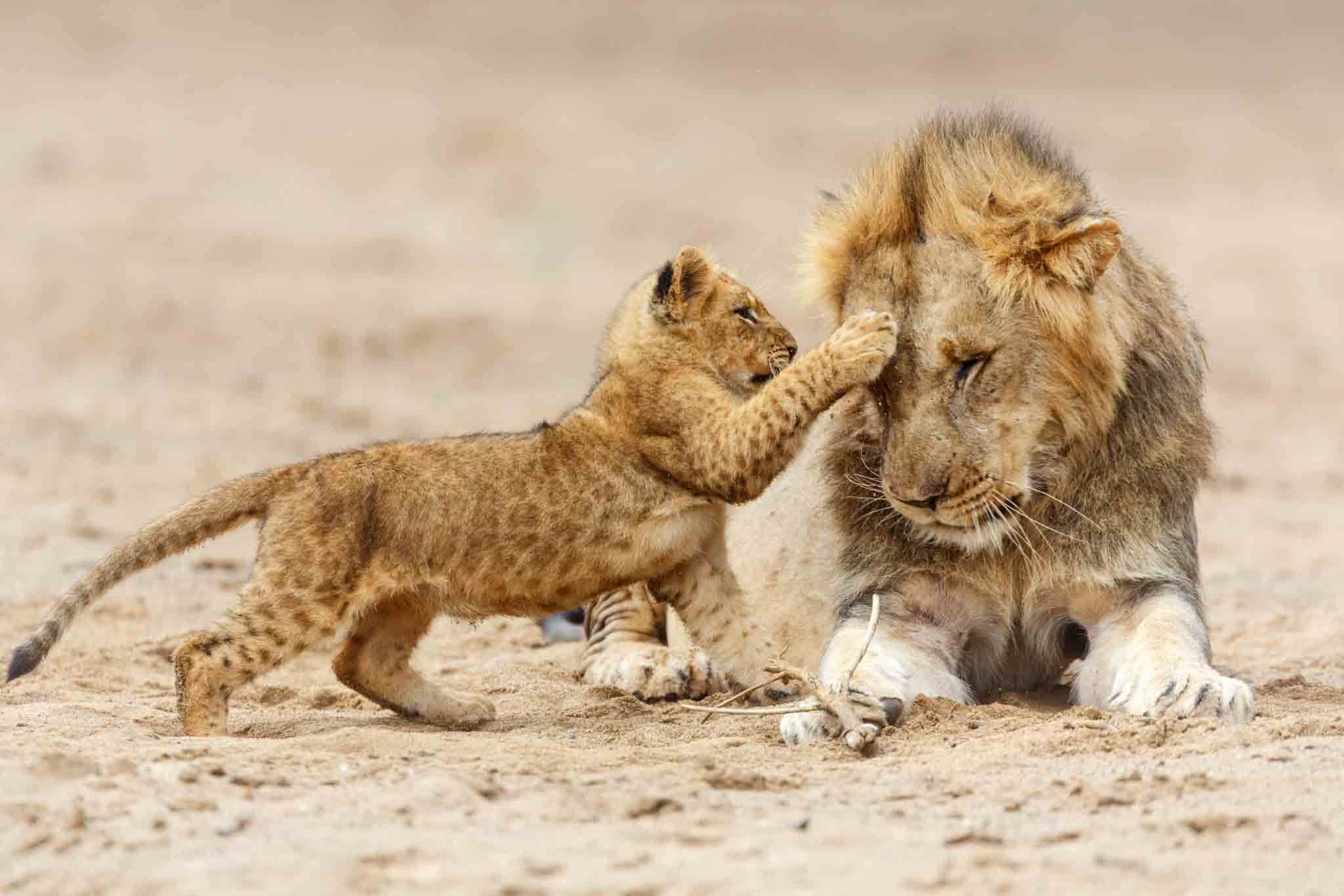Contact us
Address
2920 Forestville Road, Suite 100 Pmb 1091
Raleigh, NC 27616
Phone
+1 (984) 263-7930
GET IN TOUCH
If you have a reservation to make or a question that has not been answered on our website, please get in touch with us via contact details listed below or fill in the form below.
FAQS
Welcome to the FAQ section for Tanzania Safari!
Q1: When is the best time to go on a safari in Tanzania?
A: The best time for a safari in Tanzania is during the dry season, which typically runs from June to October. During this period, the weather is more predictable, and wildlife is concentrated around water sources, making it easier to spot animals.
Q2: What is the wildebeest migration, and when does it occur in Tanzania?
A: The wildebeest migration is a remarkable wildlife spectacle, where millions of wildebeests, zebras, and other animals migrate between the Serengeti National Park in Tanzania and the Maasai Mara National Reserve in Kenya. The migration occurs throughout the year but is typically in the Serengeti from December to July.
Q3: Which national parks should I visit in Tanzania for a safari experience?
A: Tanzania is home to several amazing national parks. Some popular ones include Serengeti National Park, Ngorongoro Crater, Tarangire National Park, Lake Manyara National Park, and the Selous Game Reserve. Each park has its unique features and wildlife, so it’s worth considering your preferences and interests when choosing.
Q4: How long should I plan for a safari in Tanzania?
A: The recommended duration for a safari in Tanzania is typically around 4 to 7 days. This allows for a comprehensive wildlife experience, giving you enough time to explore multiple national parks and observe different animal behaviors.
Q5: What animals can I expect to see on a Tanzania safari?
A: Tanzania is famous for its diverse wildlife. During your safari, you can expect to see lions, elephants, giraffes, zebras, wildebeests, hippos, crocodiles, cheetahs, leopards, and various species of antelope. Additionally, Tanzania is a paradise for birdwatchers, with over 1,000 bird species.
Q6: Is it safe to go on a safari in Tanzania?
A: Tanzania is generally considered safe for tourists, but it’s essential to take necessary precautions. Follow the guidance of your tour guide, avoid venturing out alone at night, and keep your belongings secure. It’s also advised to stay updated on travel advisories and consult with your local embassy or consulate.
Q7: What types of accommodation options are available for a Tanzania safari?
A: Tanzania offers a range of accommodations to suit various budgets and preferences. You can choose from luxury lodges, tented camps, mobile camps, and budget-friendly campsites. Each option provides a unique experience, with varying levels of comfort and amenities.
Q8: Do I need vaccinations or medications before going on a Tanzania safari?
A: Yes, it is recommended to consult with a travel health professional or your doctor at least 4-6 weeks before your trip to Tanzania. They can advise you on necessary vaccinations and medications, such as malaria prophylaxis, based on your individual health and travel plans.
We hope these FAQs have provided you with some useful information for planning your Tanzania safari. If you have any further questions, feel free to ask!

